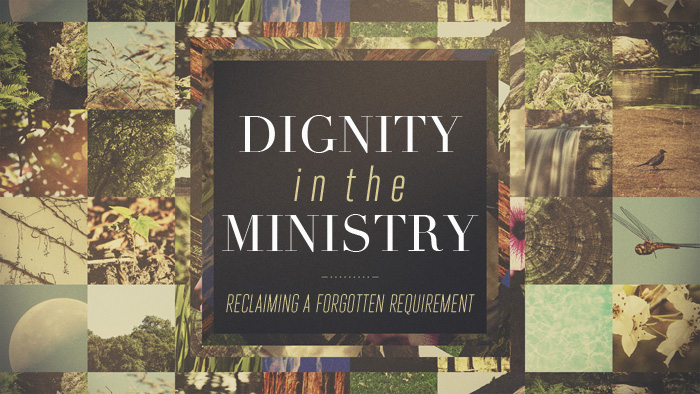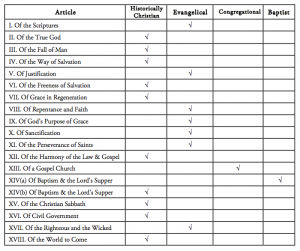Later on today I will leave for a 19th-century era cabin with one goal in mind: rest.
One of my many ministerial flaws is an almost complete inability rest for an extended period of time. But I am trying to grow in this area with the help of a loving wife and caring congregation.
OUT OF THE HARNESS
I have long cherished Spurgeon’s passionate labor and self-conscious desire to exhaust himself in the gospel ministry. He said,
‘If by excessive labour, we die before reaching the average age of man, worn out in the Master’s service, then glory be to God, we shall have so much less of earth and so much more of Heaven!’ 1 ‘It is our duty and our privilege to exhaust our lives for Jesus. We are not to be living specimens of men in fine preservation, but living sacrifices, whose lot is to be consumed.’ 2
Such Christ-fueled energy (cf. Col. 1:28) is a great challenge to much of our contemporary evangelical culture that bristles at the thought sweaty ministry. Yet, like any author, we can read the Prince in a vacuum or in isolation. For he was just as keen to seize sabbath opportunities when it was wise to do so,
It is wisdom to take occasional furlough. In the long run, we shall do more by sometimes doing less. On, on, on for ever, without recreation may suit spirits emancipated from this ‘heavy clay’, but while we are in this tabernacle, we must every now and then cry halt, and serve the Lord by holy inaction and consecrated leisure. Let no tender conscience doubt the lawfulness of going out of harness for a while.3
I count it no small act of God’s providence that the very week I reread the Prince’s passages above4 my wife gave me an anniversary getaway. She saw knows me better than anyone and said, “You need a break.” That 36 hour “out of the harness” endeavor begins this afternoon.
RESTING THROUGH READING
My aim is simple: rest through reading. Few things calm my soul as extended and uninterrupted times of reading. Here are the four books I hope to complete by Friday morning:
- Heart to Heart: Octavius Winslow’s Experimental Preaching by Tanner Turley
- An All-Surpassing Fellowship: Learning from Robert Murray M’Cheyne’s Communion with God by David Beaty
- All Hell Let Loose: The World at War 1939-1945 by Max Hastings
- Natchez Burning by Greg Iles
It may sound like a lot, but I am already at the finish line of the last two. Thus, I should be able to close out Turley, Hastings, and Iles tonight. Which leaves tomorrow dedicated to Beaty’s promising study of M’Cheyne, further memorization of 1 Timothy,5 and much time on bended knee.
I am excited and eager. Bring on the “holy inaction.”
—————————————————————————————————————









